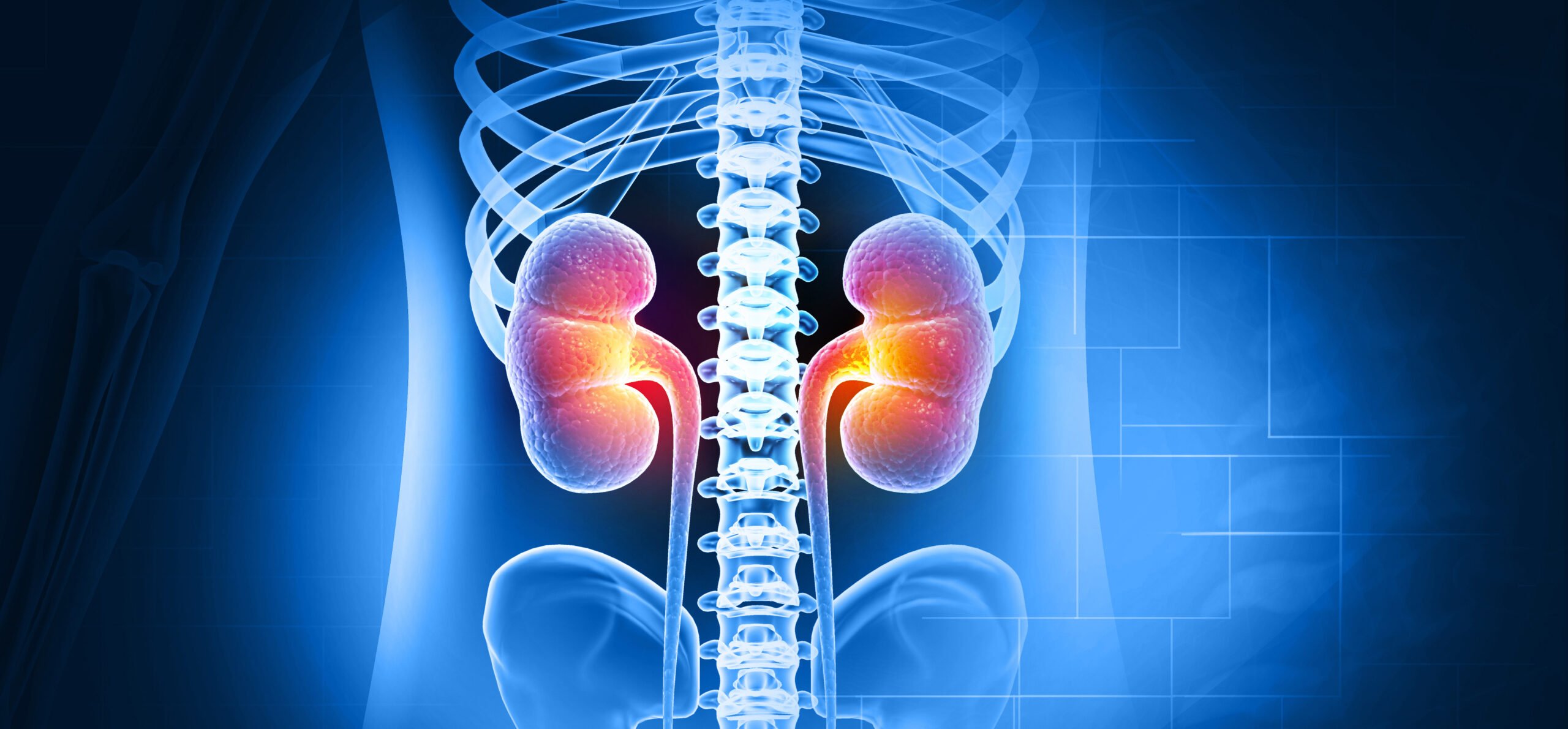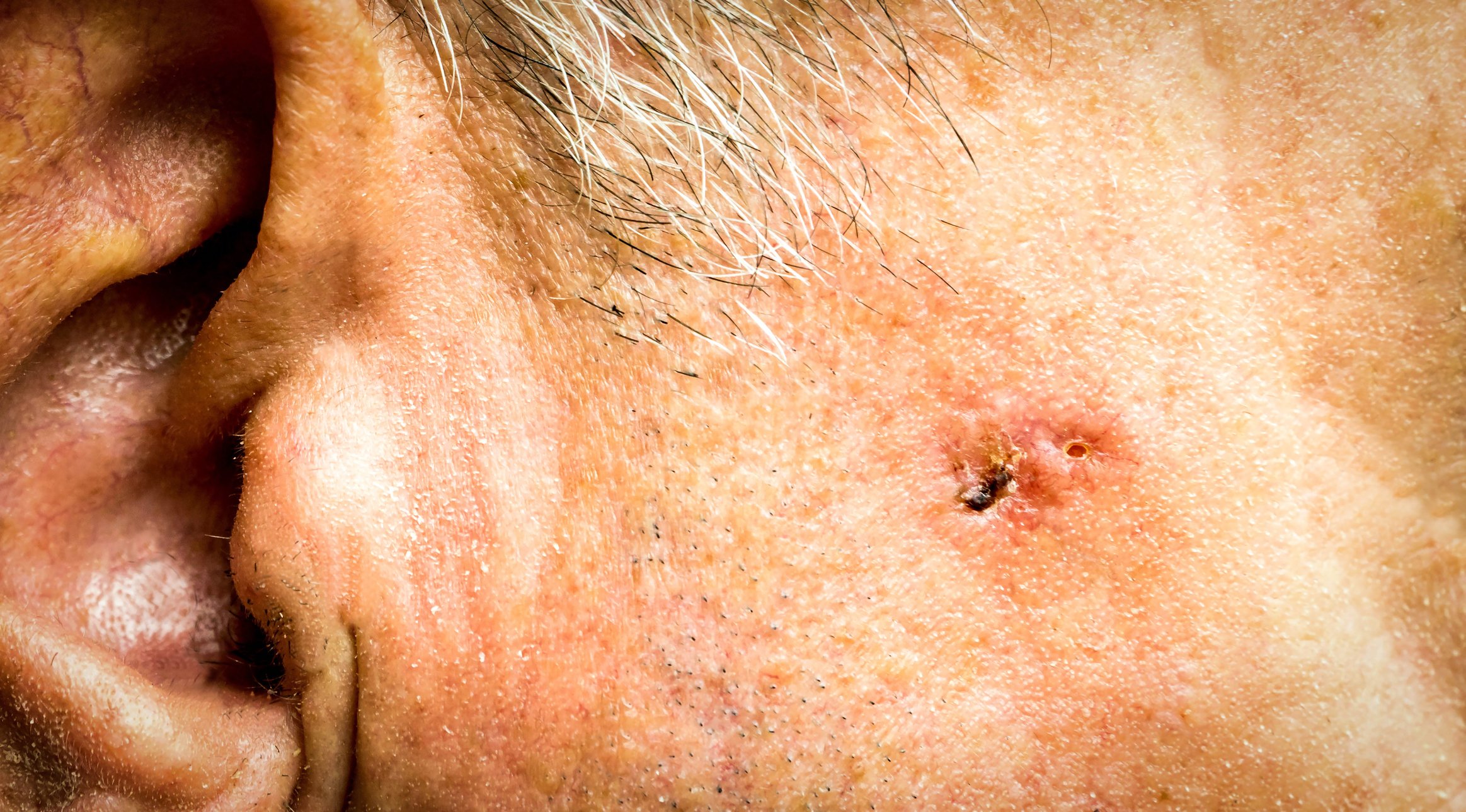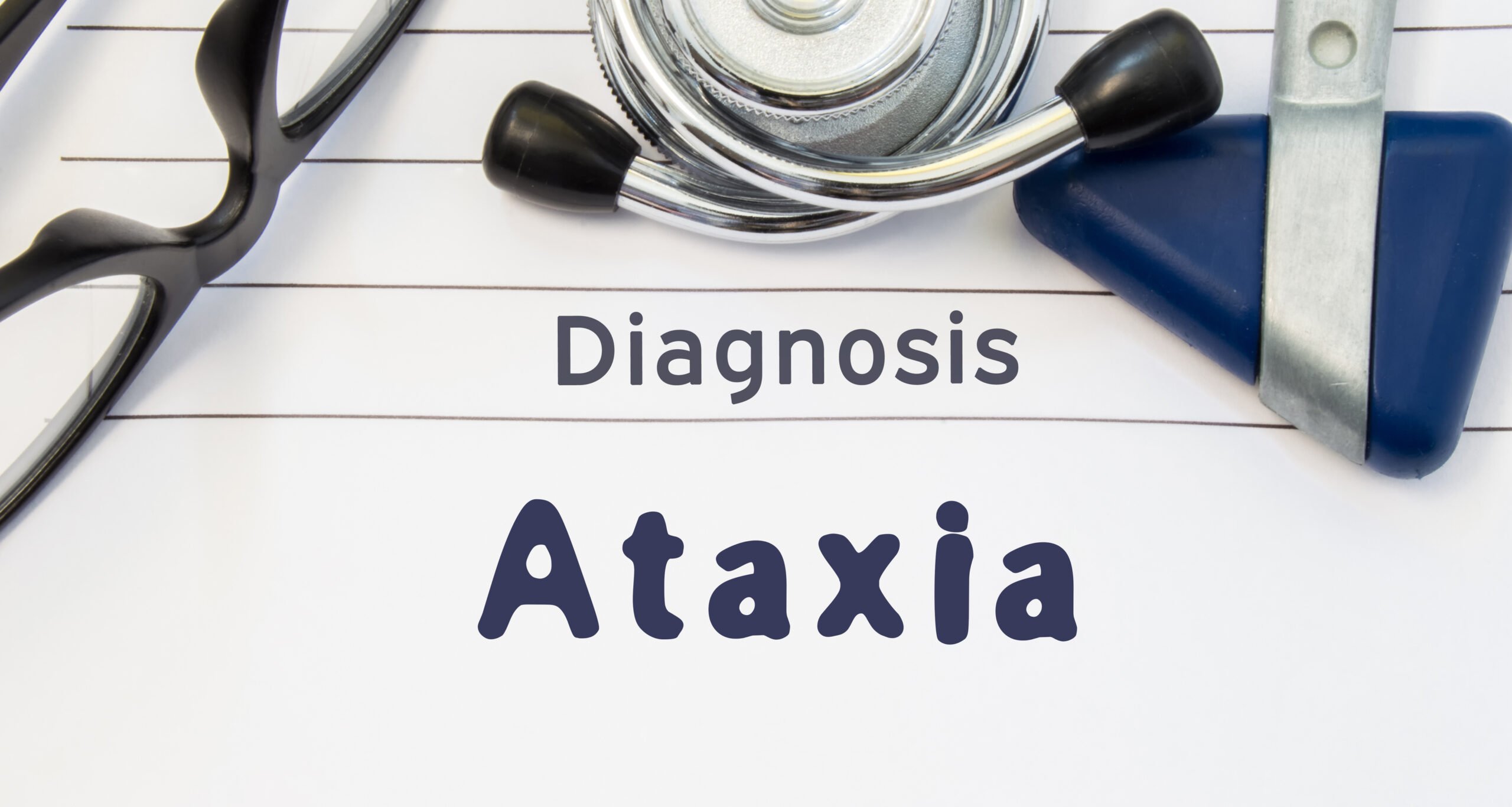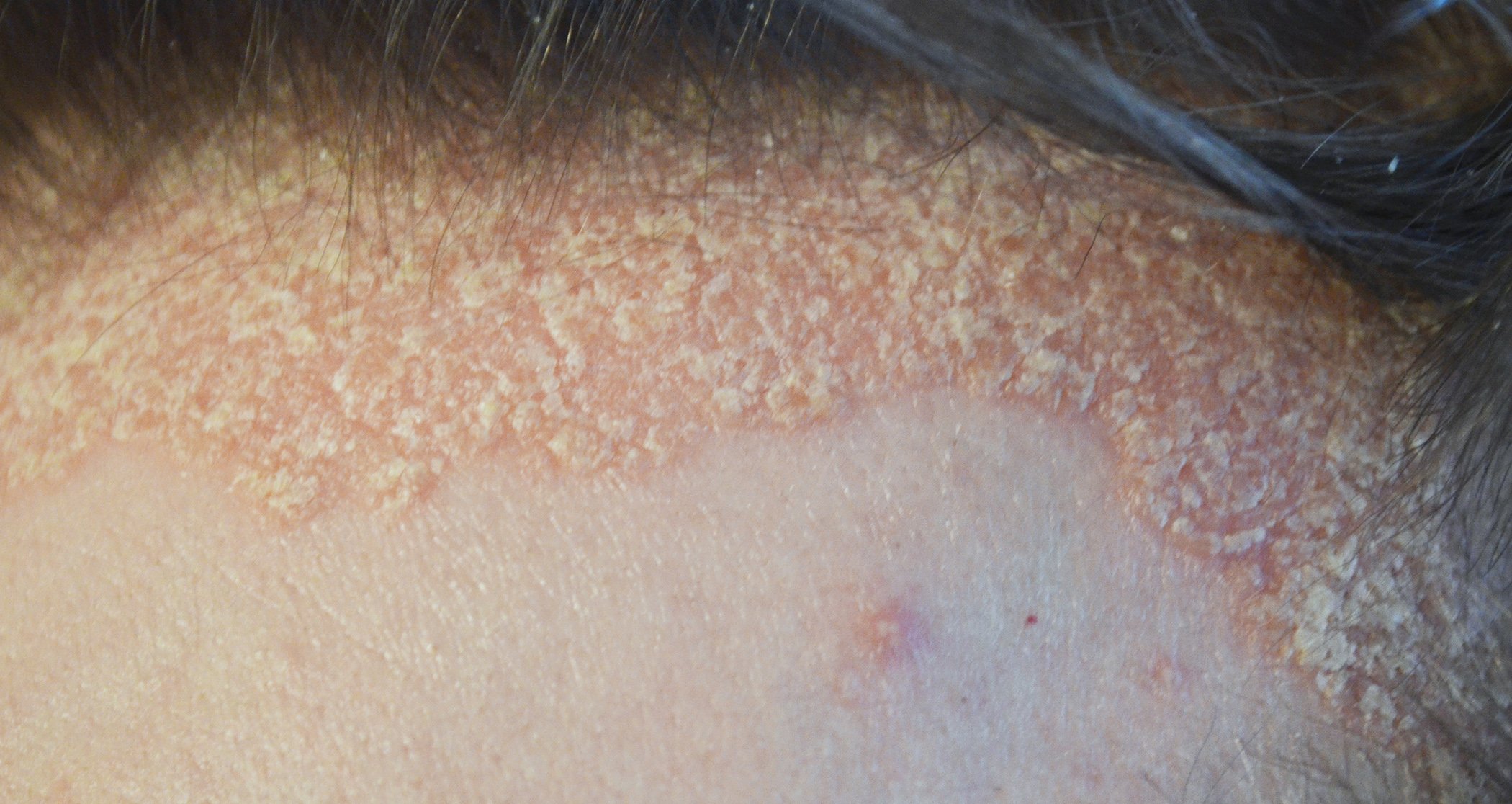The PCSK9 inhibitors evolocumab and alirocumab can be used successfully to lower LDL cholesterol, as shown by large outcome studies. Whether anti-inflammation can also prophylactically reduce cardiovascular risk has been investigated in studies such as JUPITER and CANTOS.
Nobody gets through life completely without atherosclerosis. The sum of risk factors determines how quickly the first fatal or nonfatal myocardial infarction occurs and how soon the second myocardial infarction follows the first. A central risk factor that can be influenced is the increase in LDL cholesterol. In both primary and secondary prevention, there is an almost linear association between achieved LDL cholesterol lowering and cardiovascular risk. Cardiovascular risk is lower the lower the LDL can be lowered, with LDL levels of 1.8 mmol/l (70 mg/dl) achievable in studies with statins, reported Prof. Christian Müller, MD, Head of Clinical Research and Inpatient Cardiology, University Hospital Basel. Whether it is possible to reduce cardiovascular risk even more when LDL is additionally lowered with PCSK9 inhibitors was investigated in two large outcome studies.
A therapy concept inspired by biology
Studies in carriers of loss-of-function mutations of the PCSK9 gene revealed not only low LDL levels but also a low risk of myocardial infarction. The PCSK9 molecule has the unfavorable property of binding to the LDL receptor on the hepatocellular membrane and, after internalization into the cell, to a certain extent dragging it with it to its death. PCSK9 inhibitors are monoclonal antibodies that prevent the binding of PCSK9 to LDL receptors and the degradation of the bound receptors. PCSK9 inhibitors thus increase LDL receptor numbers on liver cells, enhance LDL degradation, and decrease circulating LDL levels. The clinical efficacy and safety of the PCSK9 inhibitor evolocumab (subcutaneous 140 mg every two weeks or 420 mg once per month in addition to statin therapy) was tested in the randomized, placebo-controlled, double-blind FOURIER (Further Cardiovascular Outcomes Research with PCSK9 Inhibition in Subjects with Elevated Risk) trial in 27 564 patients with atherosclerotic cardiovascular disease (of whom 81.1% had stable coronary artery disease after myocardial infarction). Evolocumab (Repatha®) lowered LDL cholesterol very efficiently (after 168 weeks median LDL 0.8 mmol/l, with placebo 2.3 mmol/l). For the primary endpoint (serious cardiovascular event), there was a significant reduction within three years compared with placebo (HR 0.85). The absolute risk reduction was 2%. There were no more adverse events in the placebo comparison.
Reduce LDL and mortality after acute coronary syndrome
The randomized, placebo-controlled, double-blind ODYSSEY OUTCOMES trial included 18,924 patients 1-12 months after acute myocardial infarction or unstable angina after their LDL cholesterol levels did not fall below 1.8 mmol/l during the run-in period despite high-intensity statin therapy [2]. In this study, a target LDL range corresponding to LDL levels in healthy infants (0.65 to 1.29 mmol/l) was specified, and therapy was titrated with alirocumab (Praluent®) (75 mg or 150 mg subcutaneously every two weeks). The prespecification of the target range with dose titration meant that the persistent reduction in LDL cholesterol achieved in the ODYSSEY trial was somewhat less pronounced compared with the FOURIER trial (after four years, LDL reduction of 54.7% compared with placebo). Regarding the primary study endpoint (serious cardiovascular event), the same results were obtained in both studies. After four years, alirocumab achieved an absolute risk reduction of 1.6% (HR 0.85) compared with placebo. Unlike the FOURIER trial, a reduction in all-cause mortality was also detectable, with an absolute risk reduction of 0.6% (HR 0.85). Adverse events did not occur more frequently with alirocumab than with placebo [2]. The lower the better (up to 0.8 mmol/l) – this could apply to LDL cholesterol, the speaker concluded. The preventive effect achievable by PCSK9 inhibition (together with diet and intensive statin therapy) in five years was a 20% reduction in serious cardiovascular events for each LDL cholesterol reduction of 1 mmol/l.
Anti-inflammatory primary prophylaxis of cardiovascular events.
Inflammatory responses are not only involved in the formation and growth of atherosclerotic plaques, but also increase their instability with the risk of rupture, thrombosis, and infarction. Patients who suffer an acute coronary event have high inflammatory activity with elevated CRP in the blood, reported Prof. François Mach, MD, Division de Cardiologie, Hôpitaux Universitaires de Genève. Statins not only lower LDL cholesterol, but also have an anti-inflammatory effect. Ten years ago, the large primary prevention trial JUPITER (Justification for the Use of statins in Prevention: an Intervention Trial Evaluating Rosuvastatin) was published [3]. Healthy study participants (women >60 years, men >50 years) had elevated high-sensitivity CRP (≥2 mg/l) but no hyperlipidemia (LDL <3.4 mmol/l). Each of 8901 study participants took either 20 mg rosuvastatin or placebo daily. Compared to placebo, the statin reduced LDL by 50%, hsCRP by 37%, and the risk of cardiovascular events by 44% during a median of two and a maximum of five years. It is likely that the combination of LDL lowering and anti-inflammation was responsible for the large prophylactic benefit.
Anti-inflammatory secondary prophylaxis of cardiovascular events.
What is achievable by pure anti-inflammation without lipid changes in secondary cardiovascular prophylaxis was investigated in the CANTOS (Canakinumab Anti-inflammatory Thrombosis Outcomes Study) trial [4]. Patients with stable coronary artery disease after myocardial infarction and with elevated hsCRP (≥2 mg/l) received subcutaneous injections of canakinumab (at three different doses) or placebo at three-month intervals. The biologic canakinumab (Ilaris®) blocks the proinflammatory cytokine IL-1β and is used to treat autoinflammatory diseases (e.g. systemic juvenile idiopathic arthritis). Compared with placebo, canakinumab reduced inflammation more (37% greater decrease in hsCRP in the 150 mg dose) but not LDL cholesterol or other lipid levels [4]. The anti-inflammatory effect of canakinumab not only reduced serious cardiovascular events (by 15% at 150 mg), but also decreased cancer incidence, specifically deaths from lung cancer. It is possible that the IL-1β blocker will be used in oncology in the future, ahead of its use in cardiovascular patients, the speaker said.
Source: Swiss Society of Cardiology Joint Annual Meeting, June 6-8, 2018, Basel.
Literature:
- Sabatine MS, et al: Evolocumab and clinical outcomes in patients with cardiovascular disease. N Engl J Med 2017; 376: 1713-1722.
- Steg PG, et al: Evaluation of cardiovascular outcomes after an acute coronary syndrome during treatment with alirocumab – ODYSSEY OUTCOMES. Presented at the American College of Cardiology 67th Annual Scientific Session, Orlando/FL, USA, March 10, 2018.
- Ridker PM, et al: Rosuvastatin to prevent vascular events in men and women with elevated C-reactive protein. N Engl J Med 2008; 359: 2195-2207.
- Ridker PM, et al: Antiinflammatory therapy with canakinumab for atherosclerotic disease. N Engl J Med 2017; 377: 1119-1131.
CARDIOVASC 2018; 17(4) – published 8/8/2018 (ahead of print).











